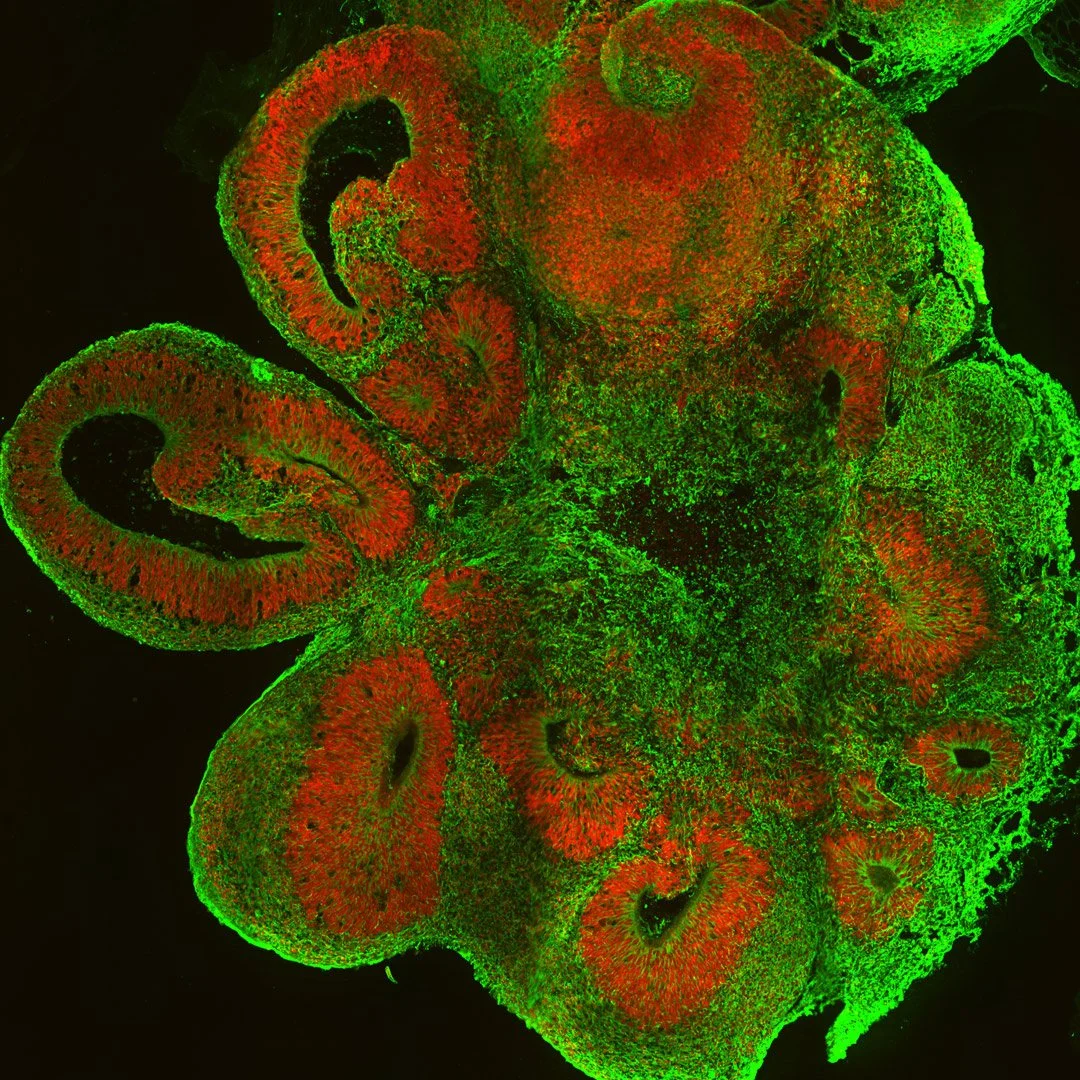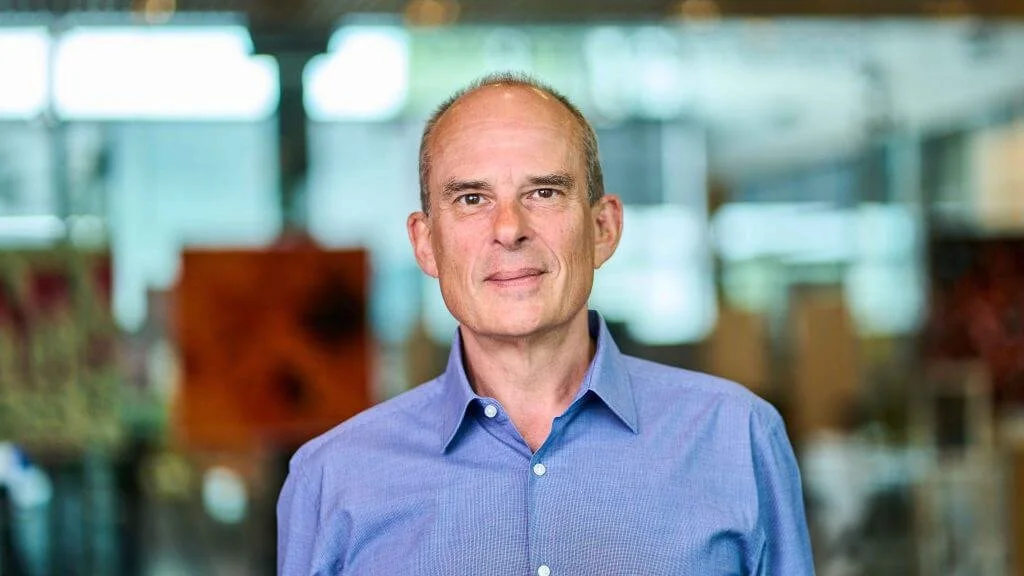Our Approach
Parallel Labs Supported by World-Class Technology
NGNRI aims to create broad impact by helping researchers make important discoveries—whether they’re working locally or from afar. It offers expert support and advanced facilities to guide promising ideas through every stage of early drug development, from testing and refining to identifying potential treatments that could move into clinical trials with a pharmaceutical partner.
Researchers from top universities and research institutions don’t need to change how they work. Instead, they can set up a fully funded, parallel lab at NGNRI, allowing them to explore new ideas while staying connected to their home institution. NGNRI also serves the entire NF community as a central hub for tools, models, samples, and data to help drive research forward.
Next-Generation Models for More Faithful Drug Discovery Systems
NF1 is a complicated condition that affects people in many different ways. Some individuals have very few symptoms, while others face serious challenges like learning difficulties, limited mobility, or life-threatening cancers. Because the disease is so varied, finding better treatments means creating research tools that closely reflect how NF1 actually behaves in the human body.
To address this challenge, NGNRI will leverage novel disease models using organoid technology and other research methodologies. These organoids, which are organ-like assemblies grown in a lab environment, allow researchers to rapidly test potential drug treatments to see the positive and negative impacts on healthy and unhealthy tissue. By growing small clusters of cells, or “spheroids,” from patient samples, NGNRI will screen patient derived tissue samples after only 10-14 days.
NGNRI will continually adopt the latest and most powerful new technologies as well as develop its own reagents, tools and platforms to ensure no stone is left unturned in NGNRI’s quest to deliver improved treatments and cures for NF1.
Our Leadership
Dr. Ivan Baines
Chief Operating Officer and Project Lead
Through the course of a career spanning over 30 years working in some of the world’s leading life sciences research institutes, Ivan’s specialty is to design, implement and optimize scientific infrastructure and operations to fulfil the maximal potential of the available resources for performing top level research. He has either been responsible for all aspects of the design and implementation of the institute including construction of the building (Max Planck Florida Institute for Neuroscience), or part of the founding team (Max Planck Institute of Molecular Cell Biology and Genetics, Dresden; Center for Systems Biology Dresden; Physics of Life Cluster of Excellence, Dresden) or guided the process as a consultant (GIGA, Liège; BIOZ/BIOTEC Dresden; BioCity Leipzig; SWC, London) for the establishment of 8 research institutes.
Ivan is most inspired when the newly created research institute is part of a broader initiative to promote a region’s potential. Having contributed to the revitalization of Dresden’s (Germany) life sciences sector, Ivan has now been entrusted with guiding the creation of the Nick Gilbert Neurofibromatosis Research Institute (‘NGNRI’) in Detroit, Michigan. NGNRI is partnered with Michigan State University and Henry Ford Health and is to be co-located with its partners in a spectacular new research building to be completed in summer 2027. From a lifetime performing, managing, mentoring, leading and strategizing research, Ivan has the unique ability to inspire, design, and create research initiatives that make a difference.



